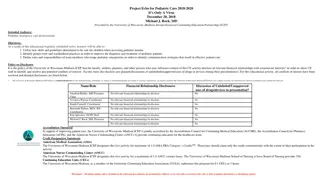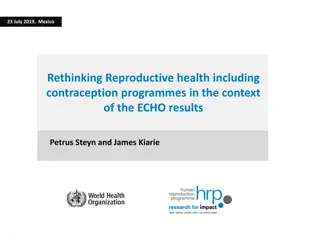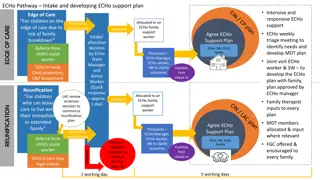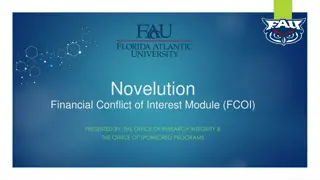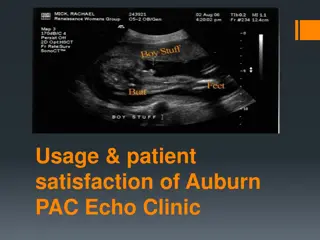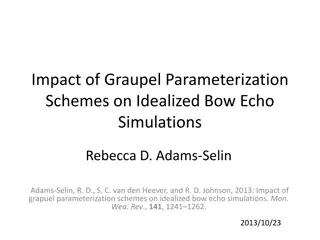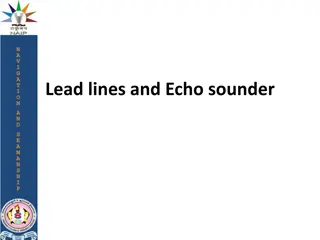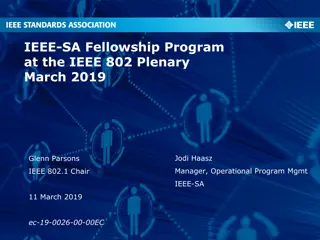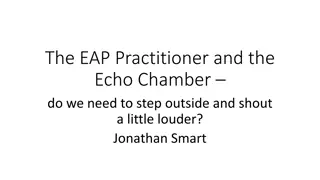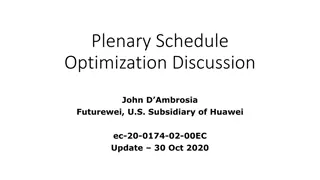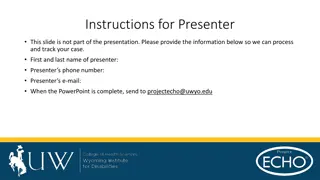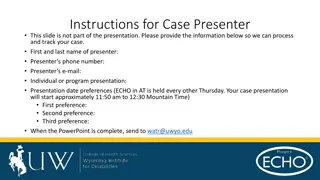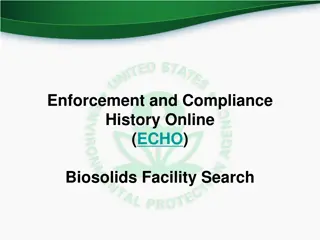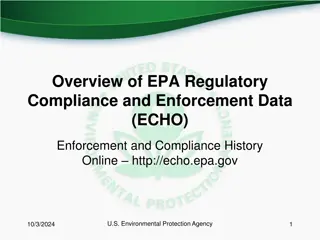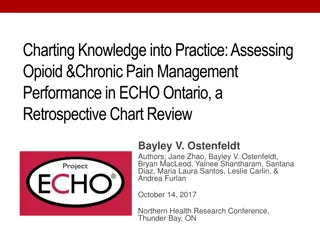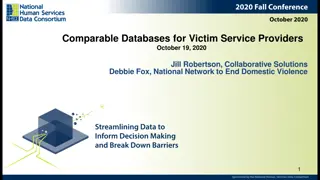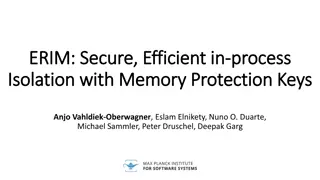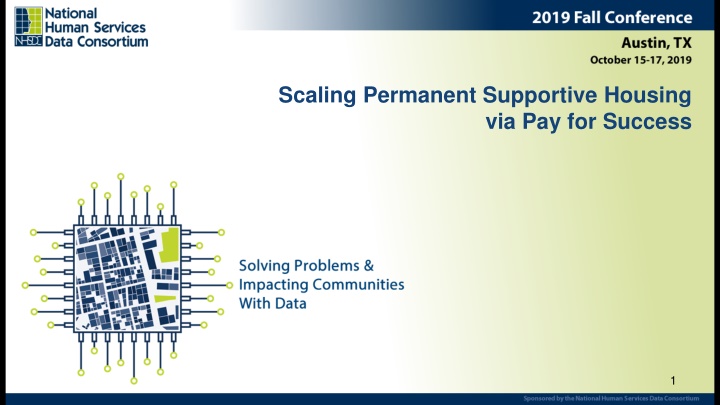
Scaling Permanent Supportive Housing via Pay for Success
Learn about the Austin/Travis County Home Initiative's groundbreaking Pay for Success project addressing homelessness, utilizing innovative financing strategies and partnerships to deliver housing and support services to those in need.
Download Presentation

Please find below an Image/Link to download the presentation.
The content on the website is provided AS IS for your information and personal use only. It may not be sold, licensed, or shared on other websites without obtaining consent from the author. If you encounter any issues during the download, it is possible that the publisher has removed the file from their server.
You are allowed to download the files provided on this website for personal or commercial use, subject to the condition that they are used lawfully. All files are the property of their respective owners.
The content on the website is provided AS IS for your information and personal use only. It may not be sold, licensed, or shared on other websites without obtaining consent from the author.
E N D
Presentation Transcript
Scaling Permanent Supportive Housing via Pay for Success 1
Homelessness: A Priority for Austin/Travis County The Austin Travis County Home Initiative Homelessness in Austin First Pay for Success project in Texas 2019 Point in Time count found 2,255 people experiencing homelessness, up 5% from the previous year Primary cause of homelessness is a lack of affordable housing and the ability to compete for available units Other factors contributing to homelessness include higher rates of substance use and/or mental illness Between 2014-2015, >700 homeless patients had 25 or more health encounters Focuses on serving individuals experiencing chronic homelessness Targets individuals with the highest rates of healthcare and criminal justice utilization for enrollment The top 250 utilizers on the list of eligible clients had, on average, the following encounters over the last 18 months: Inpatient Days 11 ED Visits 16 Jail Days 5 Bookings 118
What is Pay for Success? Pay for Success is a set of innovative financing strategies that make payments directly dependent on results Pay for Success strategies share these core principles: Strong Uncommon, cross-sector partnerships Clearly defined outcomes Data-driven decisions Private capital for impact governance & accountability 3
What is Pay for Success? (Nonprofit) intervention provider Expansion capital ($) Outcomes Repayment ($) Payor Private funders / impact investors (often government) 4
How Does it Work? Impact Investors Other Funders Grants Vouchers Intermediary Outcome Payors The City of Austin Travis County Central Health Episcopal Health Foundation Ascension Seton HUD/DOJ Services Coordinator Technical Advisor Service Providers Housing Case Management Target Population Evaluator 250 individuals experiencing chronic homelessness,who are the highest utilizers of public systems 5
Funding Commitments $16.3M $15.5M $15.5M Project Budget Payor Funds Max Payment $4.8M Central Health: $3M Grant Contribution Health: $6M (~38% of total) Ascension Seton: $1M EHF: $2M Criminal Justice: $1.5M (~10% of total) Travis County: $3M $11.5M Investor Capital Raise Housing Stability: $8M (~52% of total) City of Austin: $6M HUD/DOJ: $0.5M
Outcome Metrics Payment-Linked Outcome Metrics Housing Stability months stably housed (min. of 6 months) Metric(s) Health % reduction pre-post Criminal Justice % reduction pre-post Bed Days 0-12 months 13-18 months Inpatient days ED visits Bookings $400 $2,025 $2,500 $960 $276 $150 $ Unit per person / per month per % reduction / per cohort per % reduction / per cohort Data Homeless Management Information System (HMIS) Integrated Care Collaboration (ICC) matched with HMIS Travis County Sheriff s Office (TCSO) matched with HMIS Timing Payments capped at 18 (non- consecutive) months per person 36 months (comparison based on 18 months pre- / post-enrollment) 36 months (comparison based on 18 months pre-/ post-enrollment)
Using Data to Assess Performance Risk Metric Impact Estimates Notes 80% 85% 0 12 Months Academic Local Data Housing Stability 66% 70% Larger variance within the local data and academic impact estimates 13 18+ Months Local Data Academic Local data is 12 mos pre/post (vs. 18 mos.); ACT service recipients saw increases in inpatient days (e.g., negative outcomes) -94% 23% Inpatient Days Local Data Academic 43% 49% ED Visits Health Academic Local Data 20% 76% Most limited evidence base for outcomes; local data is 12 mos pre/post (vs. 18 mos.) Bookings Academic Local Data Local data is 12 mos pre/post (vs. 18 mos.); outliers have a larger impact on average estimates -85% 20% Criminal Justice Jail Days Local Data Academic
Leveraging Data Across Systems ECHO sends the list of potential clients Sources Uses 1 ICC & TCSO match clients & share historical encounter data with ECHO 2 3 Service Providers 2 ICC ECHO distributes list of highest utilizers to providers for outreach (target population) HIE 3 1 4 ECHO Project Governance HMIS ECHO reports operational metrics (e.g., enrollment & housing rates, etc.) to project governance 4 TCSO 5 2 5 TCSO Independent Evaluator ECHO shares encounter and housing data with the evaluator to calculate outcome metrics 5
Data In Action: Pilot Program Pilot Structure Outcomes & Lessons Learned 18 Months Pre-Enrollment, Clients averaged 15.3 ER Visits and 2.66 Inpatient Days Substance Use represents a significant challenge for Clients St. David s Foundation Provided pilot funding ECHO & Caritas Provided Outreach, Housing, Placement and ACT Services Housing Stability Outcomes: 81% Housed at 6 months 8% Passed Away Prior to Exit 11% returned to homelessness and were subsequently re-enrolled Clients Clients require higher rates of rehousing than other PSH programs; for 27 enrolled clients, ECHO has found 48 housing placements 27 Individuals Experiencing Chronic Homelessness
Timeline for Austins Pay for Success Project Pay for Success (PFS) Taskforce convened by nonprofit & government partners White House announces Social Innovation Fund grant opportunities ECHO and partners selected by CSH for feasibility study Multi-partner work sessions: project design, population, data availability, outcomes 2014 2015 PFS Feasibility Report completed by CSH Nonprofit Finance Fund grant awarded to ECHO and partners HUD-DOJ grant awarded to ECHO and partners 2016 Work sessions to analyze data, define payment outcomes RFP for independent evaluator, service providers 2017 Pilot begins for 24 clients using PFS data pool and eligibility criteria Legal discussions for contract considerations with government partners Education of PFS model to potential payors, officials, partners, investors 2018 End-payor commitments secured Recruitment of potential investors Finalization of contracts and project start within sight . . . 2019 11
Lessons Learned Key stakeholders may change champions are important Complex legal and contractual considerations with evaluator, multiple government partners, investors, and service providers Data sharing is essential, requirements differ over time Pool of eligible participants changes constantly A pilot can be very helpful to define and refine project design Program evaluations are only as good as the data they rely on invest in building data infrastructure and capacity 12
Resources https://www.austinecho.org/wp-content/uploads/2019/07/PFS-PSH-Austin-one-pager.pdf https://www.austinecho.org/wp-content/uploads/2019/07/ECHO-Pay-for-Success-Feasibility-Report.pdf http://austintexas.gov/department/city-council/2019/20190328-reg.htm#016 https://socialfinance.org/what-is-pay-for-success/ https://www.huduser.gov/portal/sites/default/files/pdf/PayforSuccess.pdf https://nff.org/learn/pay-for-success 13
Questions? Hanna Jamal, Social Finance hjamal@socialfinance.org Vella Karman, City of Austin vella.karman@austintexas.gov Tim Long, ECHO timothylong@austinecho.org 14



